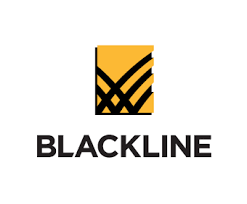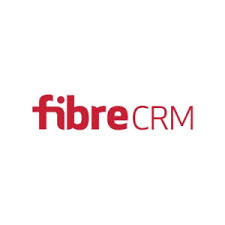Accounting Startups Are the New Gold Rush

Investors Pour Billions Into The Sector
Accounting startups are attracting a surge of investment as businesses look to make finance operations faster, leaner, and more accurate. Cloud platforms and AI tools now automate bookkeeping, reconcile invoices, accelerate month-end close, and deliver real-time insights. What began as niche solutions for small firms has evolved into enterprise-grade software, promising measurable cost savings and improved operational agility.
In 2023 alone, over $450 million was invested in accounting-related startups. That momentum carried into 2024, with first-quarter funding for fintech and accounting technology ventures exceeding $1.4 billion, a 40% increase from the prior quarter. Analysts attribute this surge to the ability of accounting startups to reduce operational costs, enhance compliance, and provide actionable financial intelligence.
Many of these companies have moved beyond proof-of-concept stage. Deal volumes and values are climbing steadily, and strategic investors are writing increasingly large checks. Corporate acquirers are exploring bolt-on acquisitions to integrate automation into established accounting practices. With recurring subscription revenue, strong margins, and high client retention, these startups are emerging as a compelling segment within enterprise technology.
AI And Automation Shape The Opportunity
Artificial intelligence and automation are now central to the sector’s growth. Machine learning algorithms extract data from invoices and receipts, categorize expenses, and flag inconsistencies with a speed and accuracy that human teams cannot match. These capabilities reduce manual effort and strengthen audit readiness and regulatory compliance. Startups offering end-to-end workflows, or specialized tools such as accounts payable automation, are seeing particularly strong demand.
Investors are drawn to firms that can scale internationally and adapt to different accounting standards. Those with modular APIs, robust security protocols, and audit logs convert pilots into paid deployments more effectively. Several accounting startups have crossed the unicorn threshold while maintaining accelerating revenue growth, illustrating the sector’s potential for both scale and profitability.
Consolidation And Strategic Playbooks
Mergers and roll-ups are reshaping the landscape. Several accounting startups have been acquired by larger software vendors seeking to integrate automation with traditional services. Private equity investors see opportunities in platform plays that bundle recurring software revenue with complementary advisory services. Firms that can standardize processes across multiple smaller practices create operational leverage and improve margins, making them attractive acquisition targets.
Strategic corporate investors, including payroll and enterprise software providers, are also active. They view these solutions as natural extensions of their offerings, deepening client relationships and securing account control. The appetite for tuck-in acquisitions allows founders to trade some growth upside for access to broader distribution channels.
Global Markets And Regulatory Complexity
While the United States remains the largest market, accounting startups are increasingly targeting Europe, Latin America, and Asia-Pacific. Regulatory differences present both challenges and opportunities, since local incumbents often lack modern automation, giving agile startups a competitive edge. Those that localize effectively or partner with regional firms can accelerate adoption. Cross-border payments, multi-currency accounting, and VAT compliance remain key priorities for global expansion efforts.
Regulatory changes often spur demand. When tax authorities mandate digital reporting or e-invoicing, firms adopt automation to meet compliance with minimal disruption. These predictable cycles of regulatory-driven adoption can boost valuations for startups capable of responding quickly.
Business Models And Unit Economics
Investors closely examine unit economics, including monthly recurring revenue, churn, customer acquisition costs, and lifetime value. High retention and expansion revenue allow companies to justify upfront investments in growth. Capital-efficient startups lean heavily on automation, reducing reliance on large professional services teams and maximizing operating leverage. Service adjacencies, such as outsourced bookkeeping or advisory work, can increase average revenue per user and improve margins.
Firms that maintain strong gross margins and net dollar retention above 120% are particularly attractive to investors. The combination of predictable revenue and scalable automation creates a compelling case for continued capital allocation.
Outlook And Investment Themes
Looking ahead, investment in accounting startups is expected to remain strong. AI and cloud-based platforms lower the cost of processing financial data, expanding the addressable market. Firms that offer modular solutions, strong developer ecosystems, and proven compliance frameworks are likely to continue attracting investor interest.
For finance leaders, adopting automation tools can free staff to focus on analysis and strategy, while investors gain exposure to recurring revenue and operational leverage. Accounting startups are no longer peripheral; they are increasingly central to the modernization of finance departments and enterprise technology strategy.
Buyers should consider integration complexity and total cost of ownership carefully. Founders must balance innovation with execution. Differentiation will come from domain-specific AI models, robust compliance capabilities, and strong distribution partnerships. Companies that succeed will shape how finance teams operate for the next generation.





